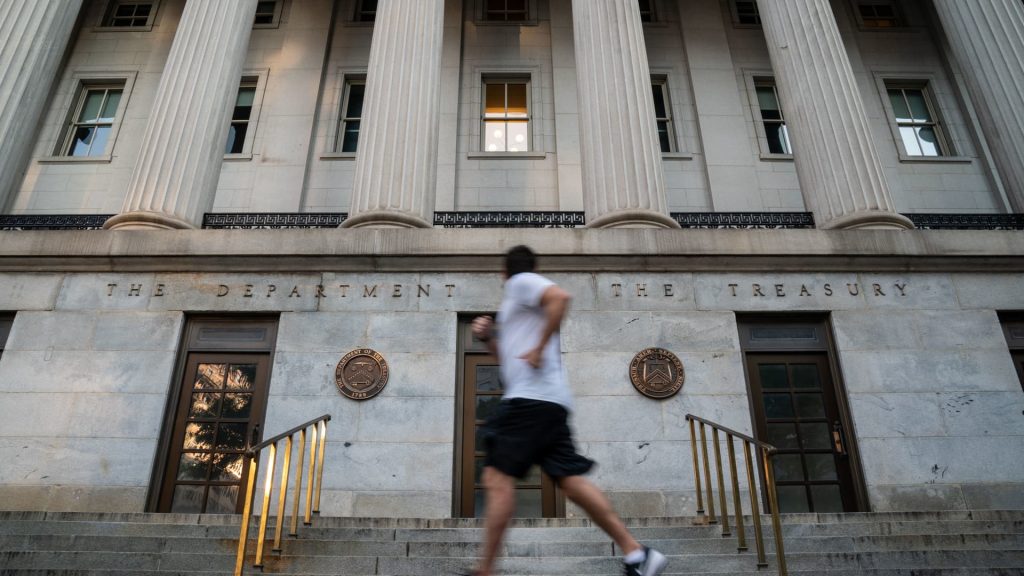Kent Nishimura | Los Angeles Times | Getty Images
The U.S. Department of Treasury is scrapping a requirement for U.S. small businesses to report information about their owners to the federal government. It’s the latest twist in an on-again, off-again saga for the fledgling rule.
The Corporate Transparency Act, passed in 2021, required millions of businesses to report basic information on their “beneficial owners.” By identifying who owned certain entities, lawmakers sought to curb criminal activity and illicit finance conducted through opaque shell companies.
The rule was set to take effect on March 21, following months of delays in court. It carried financial penalties, potentially thousands of dollars, for noncompliance.
However, the Financial Crimes Enforcement Network — also known as FinCEN, which is part of the Treasury — issued an interim final rule on March 21 exempting all U.S. citizens and U.S. companies from the reporting requirement.
The rule is open to public comment and set to be finalized later this year.
‘This absolutely waters down the rule’
If it stands, the FinCEN rule would be a significant departure from the purpose of the Corporate Transparency Act and would offer loopholes for criminals to continue laundering money through U.S. entities, according to legal experts.
“This absolutely waters down the rule,” said Erin Bryan, partner and co-chair of the consumer financial services group at Dorsey & Whitney. “Plenty of shell companies are going to be exempt from reporting now,” she added.
Some foreign companies that do business in the U.S. will still be required to file reports, FinCEN said.
FinCEN estimates that this revised reporting requirement will apply to about 20,000 entities in the first year — greatly reduced from the 32.6 million entities, including certain corporations, limited liability companies and others previously estimated to be subject to the reporting requirement in year one.
Most of the Western world already has such requirements in place, Bryan said.
FinCEN declined to comment for this story.
A deregulatory push
Potential loopholes
Reporting requirements remain in effect for certain foreign companies that were formed in another country and are registered to do business in the U.S., Bryan said.
However, if such entities had a U.S.-based beneficial owner, they are no longer obligated to report information on that person, Bryan added,
“In the world of potential shell companies, this is a small subset that we’re dealing with” who still have to provide reports on beneficial owners, she said.
Some observers believe the interim rule would easily allow criminals to skirt detection.
“From this day forward, criminals can evade this national security law by simply starting and running those front companies inside the United States,” Scott Greytak, director of advocacy for Transparency International U.S., a coalition against corruption, said in a statement.

